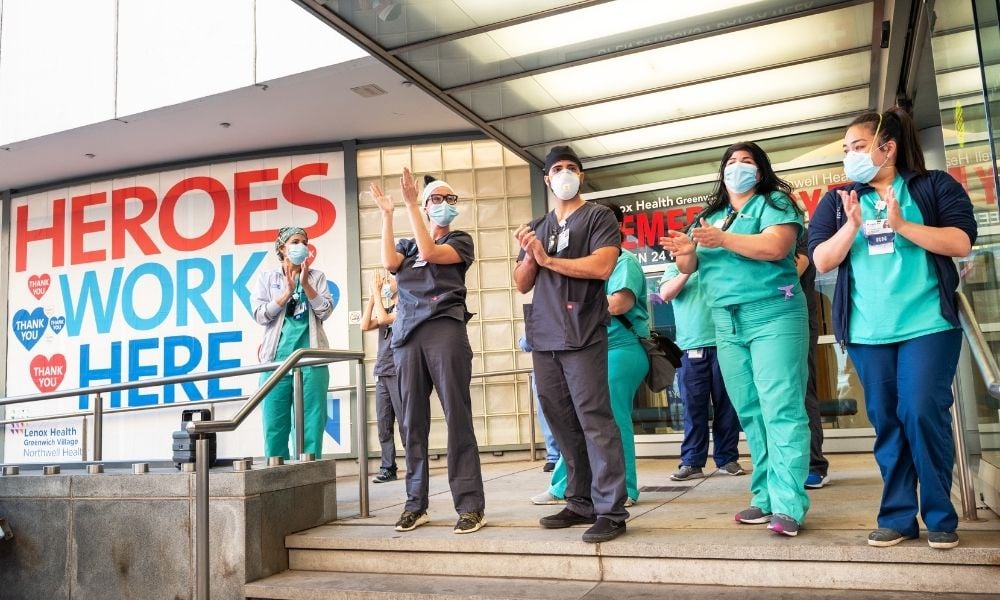
A 'thank you' is not enough

US Labour Secretary Marty Walsh on Friday honoured workers and their sacrifices amid the on-going pandemic on Labour Day, September 6.
Walsh said in a statement that while there were great progress coming in to the second pandemic-hit Labour Day, there are also continued losses on the line.
"This Labour Day, we reflect on what it means to honour the sacrifices of millions of essential workers and their families. Both in terms of the monumental effort they have put forth to support us all, and in the heartache the pandemic has wrought across the country," Walsh said.
He also acknowledged that essential workers, or those working on the frontlines, have been the "lowest paid and most vulnerable," and how thanking them is not enough.
"Saying 'thank you' is the right thing to do, but it does not truly recognize their contributions. Telling them they are 'heroes,' which they no doubt are, does nothing to improve their lot," he added.
"To properly honour these and all workers, today we recommit to our efforts to build an economy and a labour market that are more just and equitable, and create opportunity for all."
Read more: COVID-19 & HR: The unsung heroes of the pandemic
Walsh in his statement also vowed to create an environment to help employees do well in their jobs as well as a more inclusive workforce.
"We remain committed to growing the care economy and addressing the care needs of workers and their families in ways that allow them to thrive in their jobs," said the secretary.
He added that the government will also build a more "modern, inclusive workforce" that will see to it that workers have good jobs and more opportunities for career development.
It also means the creation of a workplace that "doesn't mean just a one-way communication from employers to workers, but a conversation that takes into account the needs and ambitions of all."
Read more: Difficult conversations in the workplace
As more companies push forward with their upcoming return-to-work policies in the near future, Walsh said it is not enough to expect everything to come back to the way they were pre-pandemic.
"At the Labour Department, we want things to be better. We will stand shoulder to shoulder with workers in building a future that works for everyone," he said, referring to a more thriving and durable economy than one before the pandemic.
More corporations are gradually pushing for an office return, which some delayed due to the spread of the highly contagious Delta variant, and are also mandating COVID-19 vaccinations to their employees.
Employers are taking different approaches to encourage vaccinations on their staff, such as incentives or role redeployment.
Latest data (September 4) from the US Centres for Disease Control and Prevention show that 176 million people have been fully vaccinated against COVID-19, while 1.33 million received an additional dose since August 13.